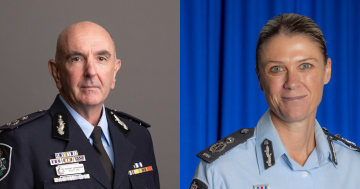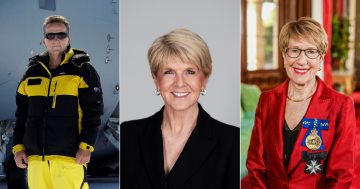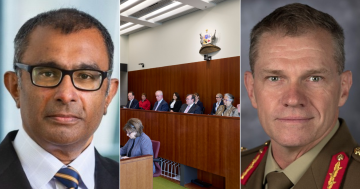 Melbourne’s night-time economy and its new live music venues are being supported by the Government now with the freeze on late-night liquor licences in the inner-city municipalities of Melbourne, Port Phillip, Yarra and Stonnington being lifted.
Melbourne’s night-time economy and its new live music venues are being supported by the Government now with the freeze on late-night liquor licences in the inner-city municipalities of Melbourne, Port Phillip, Yarra and Stonnington being lifted.
Acting Minister for Casino, Gaming and Liquor Regulation, Anthony Carbines announced the end of the freeze last week saying it delivered an election commitment to grow hospitality and live music industry to ensure Melbourne remained the live music capital of the world.
Mr Carbines said new guidelines would also be introduced with stronger ways of responding to potential alcohol-related harm and amenity issues.
He said applications would be assessed for risk to ensure measures were in place to minimise alcohol harm and anti-social behaviour and venues would no longer require the same exemptions to be granted to obtain licences to operate after 1am.
“The Victorian Liquor Commission may include conditions on new licences to address alcohol-related harm or anti-social behaviour,” Mr Carbines said.
‘This can include venue management plans, addressing noise limits, the number of security staff and better responsible service of alcohol requirements, depending on the potential risk of the licence application,” he said.
He said the Commission would also continue to take current planning provisions into account that apply to venues applying for variations.
“Importantly, the Commission will consider requesting late-night licence applications to have plans to prevent and address gender-based violence, including sexual harassment,” the Acting Minister said.
The new guidelines were developed following close consultation with Victoria Police, local government, hospitality, tourism, creative industries and harm reduction stakeholders, as well as public submissions on Engage Victoria.
The guidelines were built on legislative reforms to the Liquor Control Reform Act 1998 that established a dedicated liquor regulator, while also clearly defining harm.
An initial review of the new settings will be completed next year, with a second more comprehensive review to be completed two years after the guidelines begin.











